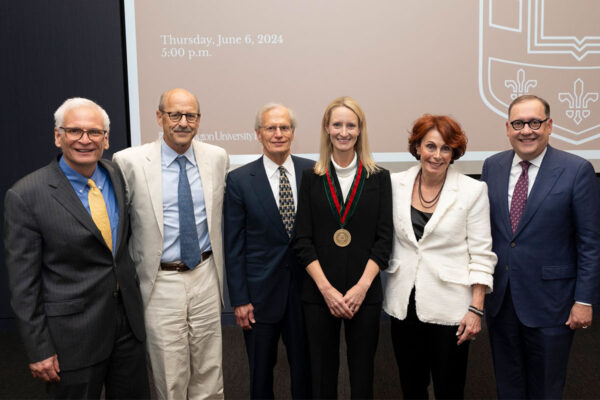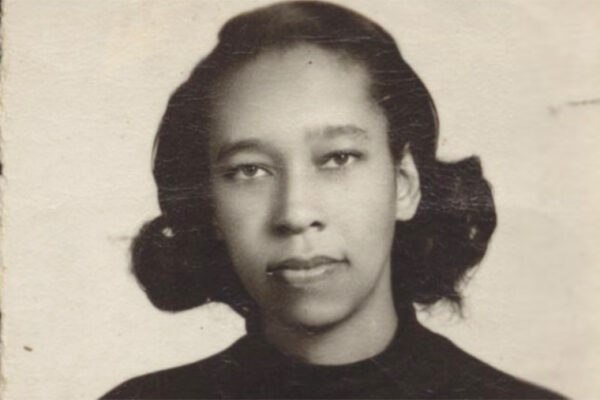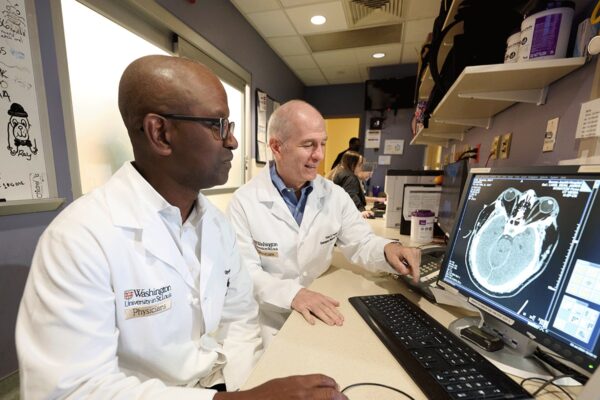Leader of business services appointed
James Dwyer has been named vice chancellor for university business services at WashU, announced Nichol Luoma, executive vice chancellor for administration. He previously worked at Arizona State University.
New NSF grant to fund faculty equity programs and new center focused on civic mindfulness
The National Science Foundation recently awarded WashU a prestigious five-year ADVANCE-Institutional Transformation grant.
Huang named head of pathology and immunology
Eric J. Huang, MD, PhD, a renowned physician-scientist specializing in neurodevelopmental and neurodegenerative diseases, has been named the Edward Mallinckrodt Professor and head of the Department of Pathology & Immunology at Washington University School of Medicine in St. Louis.
College Transit Challenge returns Sept. 20
WashU students, faculty and staff are invited to break out their U-Passes Sept. 20 to compete in the annual College Transit Challenge, an annual celebration of public transportation sponsored by Citizens for Modern Transit.
New home for world-class cancer care opens on Medical Campus
Siteman Cancer Center, based at Barnes-Jewish Hospital and Washington University School of Medicine in St. Louis, soon will open a newly constructed nine-story, 657,250-square-foot building on the Washington University Medical Campus. The state-of-the-art building will be dedicated exclusively to outpatient cancer care and will welcome its first patients Sept. 30.
Wall installed as Baker Professor
Lindley B. Wall, MD, has been installed as the Jacqueline N. Baker and W. Randolph Baker Professor at WashU Medicine. Wall is a national leader in hand and upper-extremity surgeries for pediatric patients.
Study offers strategies to ensure equitable access to digital health tools
As digital health tools gain popularity with advanced technology, Maura Kepper, a Brown School assistant professor, stresses the urgent need for equitable designs to reach marginalized populations.
2024 presidential election experts
Washington University in St. Louis faculty experts are available to discuss a variety of topics related to the election, politics and national and local issues.
(Re)Discovering Julia Perry
The Department of Music in Arts & Sciences will present “(Re)Discovering the Musical Legacy of Julia Perry,” a symposium and concert exploring the legacy of the late modernist composer, Sept. 27 and 28.
Adding anti-clotting drugs to stroke care ineffective, clinical trial finds
Opeolu Adeoye, MD, head of emergency medicine at WashU Medicine, led a national clinical trial that found two anti-coagulant medications are ineffective at improving post-treatment outcomes for stroke patients.
View More Stories









